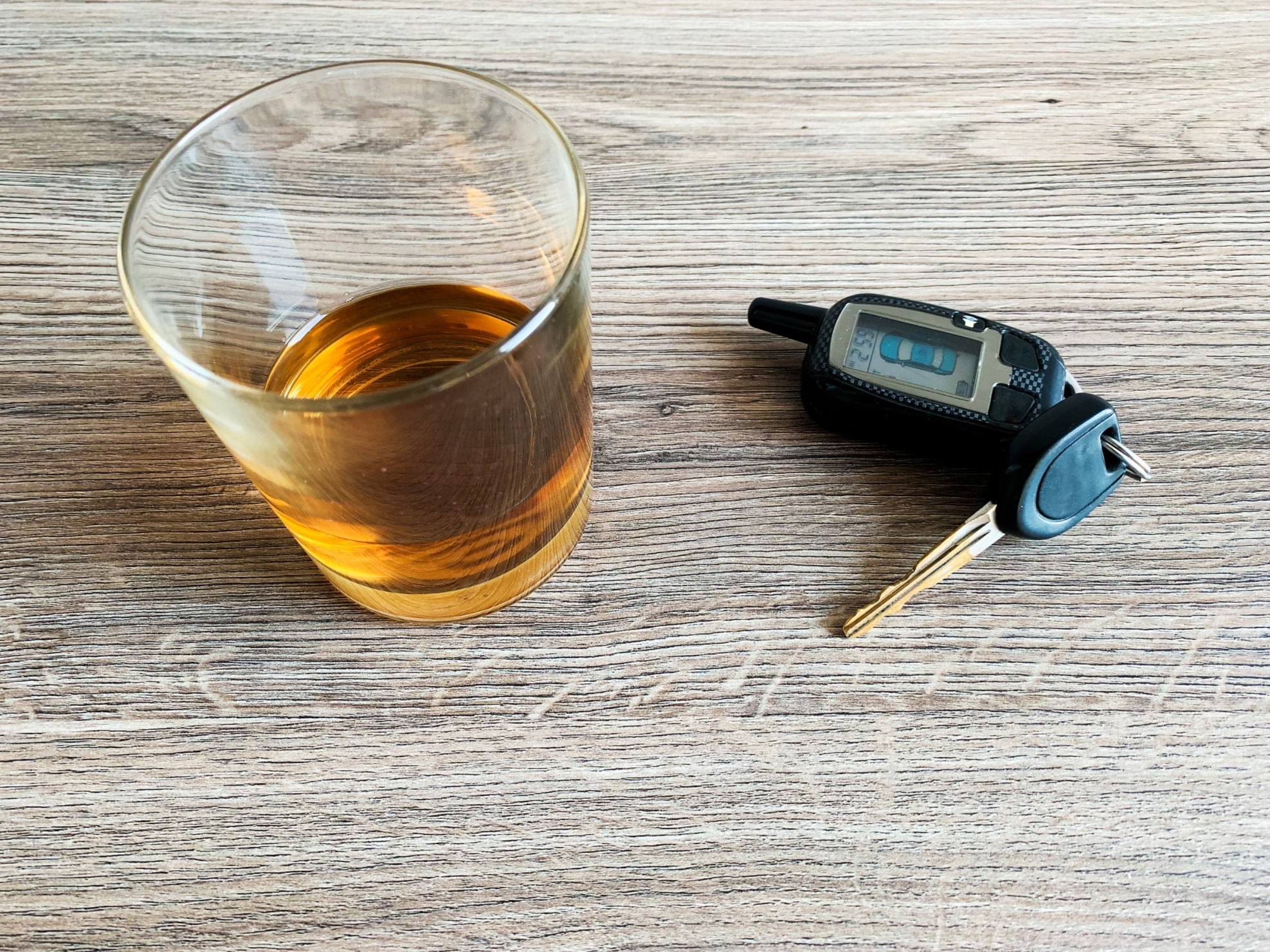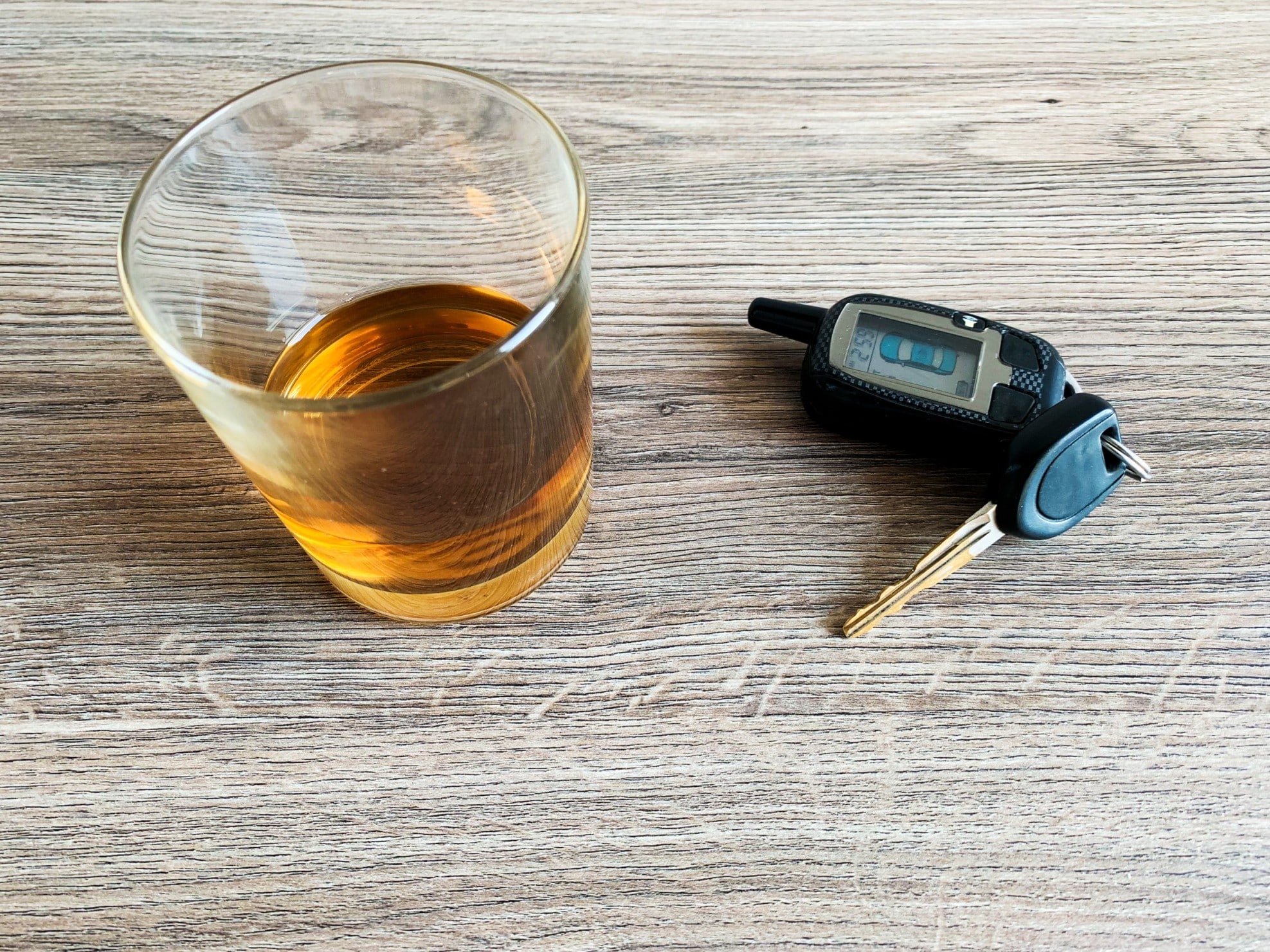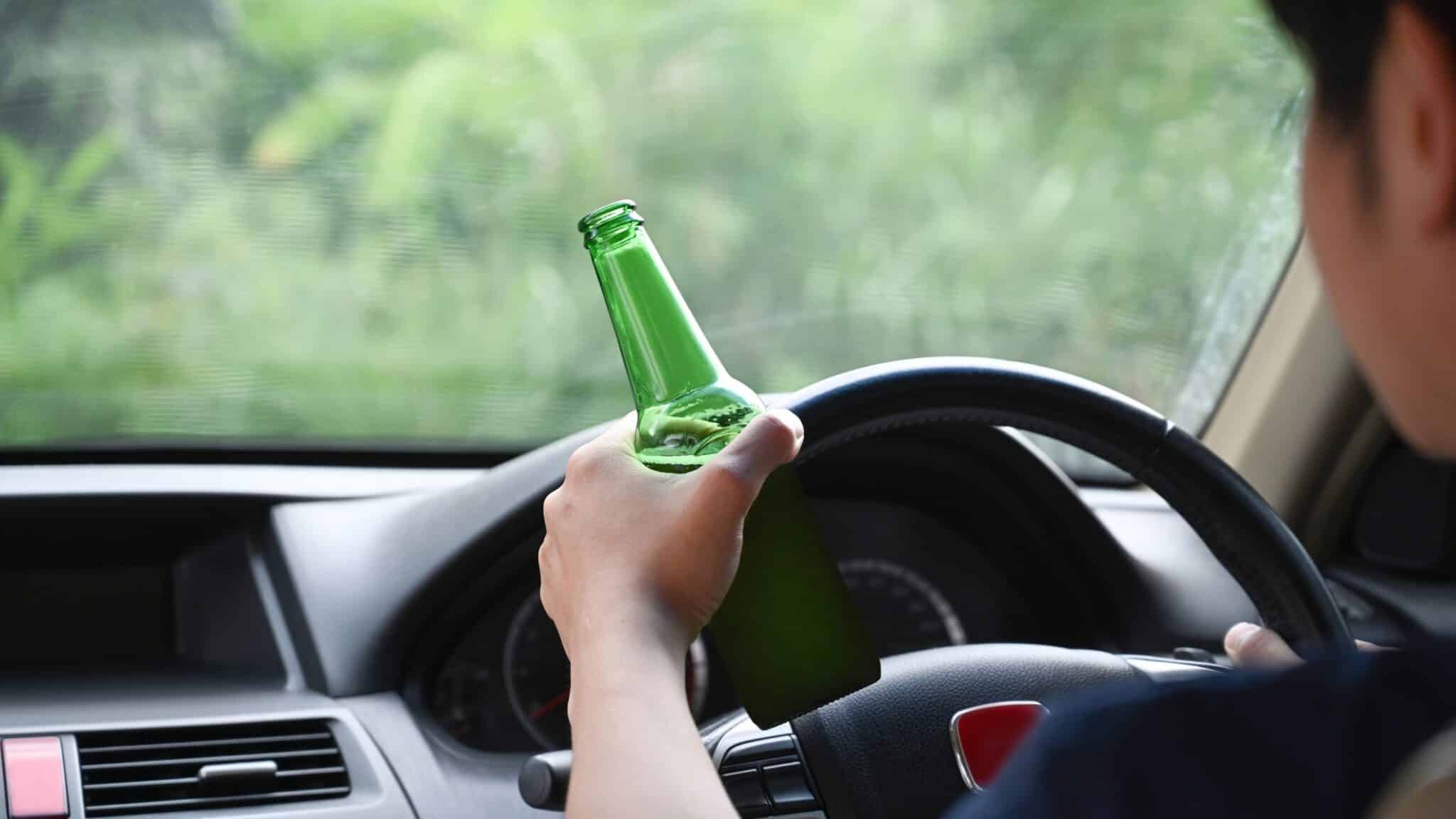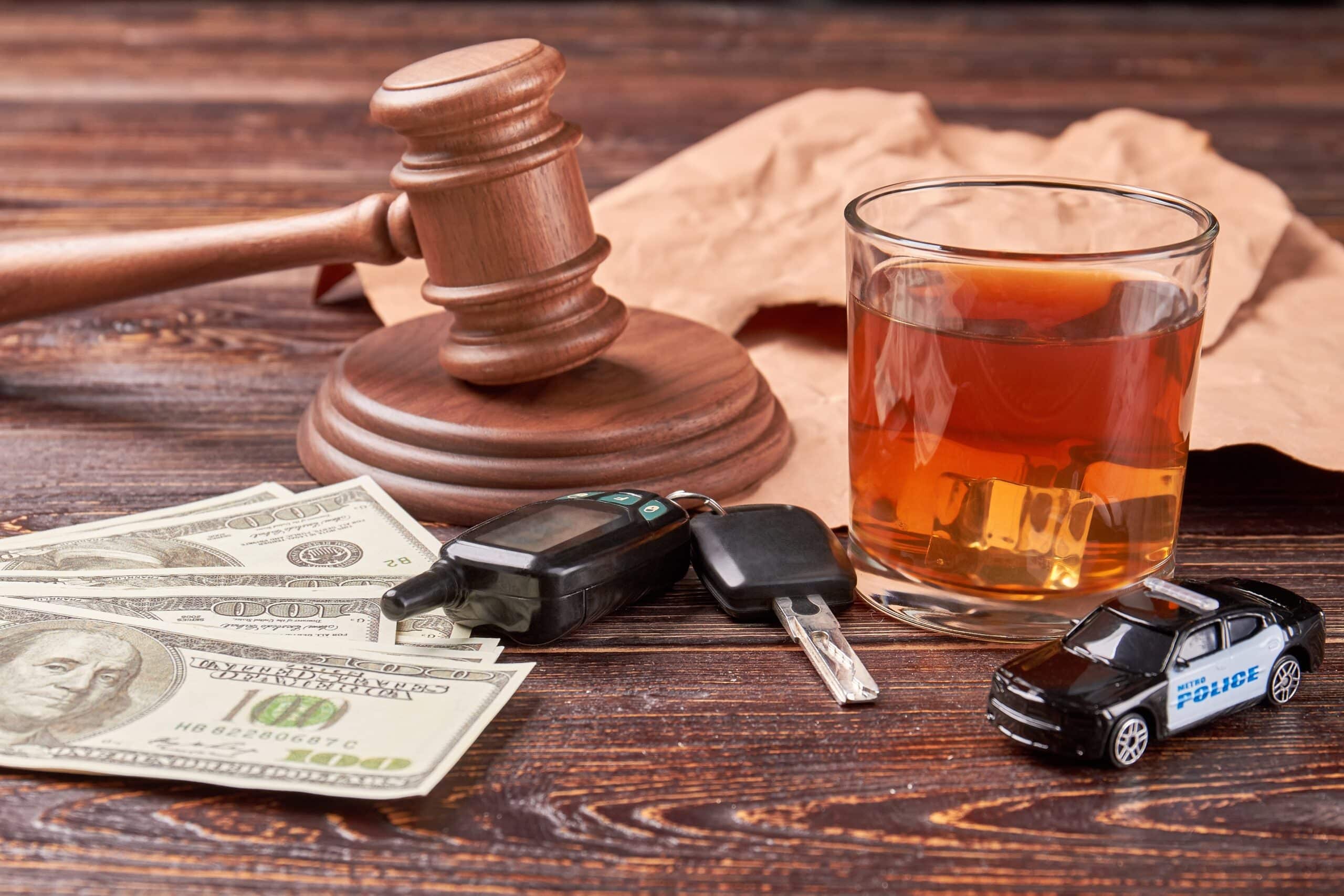FAQ: CAN POLICE SEARCH MY CAR WITHOUT A WARRANT IN MISSOURI?

Pulled over in Missouri? Know your rights. Can Police Search My Car Without a Warrant in Missouri? — Here are 5 Key Questions Answered
1. Can Missouri police search my car without a warrant?
In some cases, yes — but not always. The Fourth Amendment to the U.S. Constitution protects you from unreasonable searches and seizures, meaning police generally need a warrant or your consent to search your vehicle. However, Missouri law recognizes several exceptions. If an officer has probable cause to believe your car contains evidence of a crime, contraband, or illegal substances, they can search it without a warrant.
For example, if an officer smells marijuana or sees an open container of alcohol, that may justify a warrantless search.
2. What counts as probable cause for a car search?
Probable cause means officers must have specific, factual reasons to believe your vehicle contains evidence of illegal activity. Suspicion or a “gut feeling” isn’t enough. Examples include:
- Visible drugs or weapons inside the car
- The smell of marijuana or alcohol
- Incriminating statements made by passengers
- A drug-sniffing dog alerting during a traffic stop
If police search your car without legitimate probable cause, our experienced Kansas City criminal defense lawyers can file a motion to suppress the evidence.
If successful, that evidence can’t be used against you, often leading to reduced or dismissed charges.
3. Can the police search my car if I give them permission?
Yes—but you don’t have to. Many people consent to searches simply because they feel pressured or intimidated. You have the legal right to say no to a warrantless search. Politely tell the officer:
“I don’t consent to any searches.”
This doesn’t guarantee your car won’t be searched, but it clearly asserts your constitutional rights. If officers proceed anyway, your attorney can challenge the legality of that search in court.
Remember: saying “no” cannot be used against you later.
4. Can the police search my car after I’ve been arrested?
Possibly. If you’re lawfully arrested, officers may search your car to look for weapons or evidence related to the arrest, especially if it’s within your immediate reach. However, if your vehicle has already been impounded or you were far from it when arrested, a warrantless search may violate your rights.
Each situation is fact-specific, and an experienced Missouri criminal defense attorney can determine whether the search was lawful.
5. What should I do if I think the police searched my car illegally?
Call our experienced Kansas City criminal defense lawyers immediately. Do not argue with police during the encounter — let your attorney handle it later. Your lawyer can review the police report, dashcam footage, and body camera evidence to see if officers overstepped their authority. If your rights were violated, your attorney can challenge the search and suppress any illegally obtained evidence. These challenges often lead to dropped or reduced charges, especially in drug or weapon-related cases.
If your vehicle was searched in Kansas City or anywhere in Missouri, don’t face it alone.
The attorneys at KC Defense Counsel fight aggressively to protect your Fourth Amendment rights and your future. Call today or schedule your free case evaluation with a Kansas City criminal defense lawyer who knows how to expose unlawful searches and win in court.
A criminal conviction can change your life forever—but the right lawyer can change your future. The experienced attorneys at KC Defense Counsel are dedicated to defending clients across Kansas City and throughout Missouri. We handle every case with skill, preparation, and an unrelenting focus on results. Whether you’ve been arrested for assault, theft, drug crimes, or DWI, we know how to fight back and protect your record.
Don’t face the system alone — Missouri’s criminal laws are complex, and prosecutors will use every tool against you. KC Defense Counsel provides aggressive defense backed by real courtroom experience and a deep understanding of Missouri law.
Call our Kansas City criminal defense team today to schedule your free case evaluation and learn how we can help safeguard your future.
Cities we serve: Adrian, Archie, Bates City, Belton, Blue Springs, Buckner, Butler, Cameron, Claycomo, Cleveland, Drexel, Fairview, Ferrelview, Gladstone, Grain Valley, Grandview, Greenwood, Houston Lake, Independence, Kansas City Missouri, Kearney, , Knob Noster, Lake Lotawana, Lake Tapawingo, Lake Waukomis, Lake Winnebago, Lawson, Lee’s Summit, Liberty, North Kansas City, Oak Grove, Oakview, Parkville, Peculiar,, Platte City, Platte Woods, Plattsburg, Pleasant Hill, Raymore, Raytown, Riverside, Smithville, Sugar Creek, Tracy, Warrensberg, Weatherby Lake, and Weston.
Statewide: Missouri State Highway Patrol and Sheriff Counties we serve: Bates County, Cass County, Clay County, Jackson County, Platte County, Ray County.
Contact our experienced Kansas City criminal defense lawyers near me in Missouri and let us help begin building your defense. Let us help.
Disclaimer: This page is for informational purposes only and does not create an attorney-client relationship. Always consult qualified counsel regarding your unique situation.


















Recent Comments